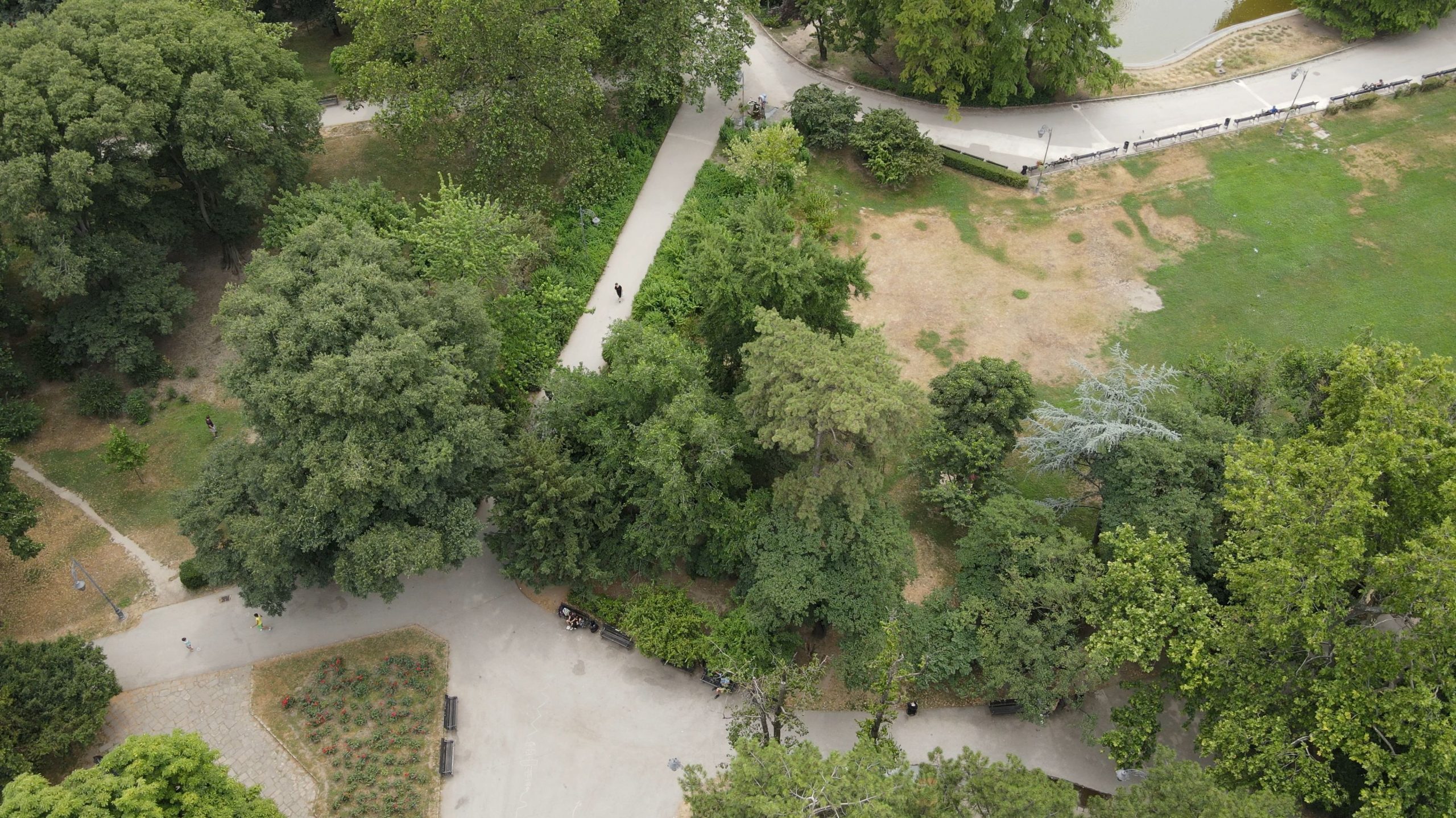In the meantime we have brought our film project “Finding Europe” to Greece, Austria, Lithuania and Poland, we will soon be shooting in Leipzig and Berlin (Germany) and we are intensively preparing the filming for the Czech Republic, Hungary, Croatia, Serbia, Romania (Transylvania) and Italy, France, Spain, Denmark and Ireland, Northern Ireland and Scotland.
Because we’d rather go filming than write about shooting, we have neglected this little blog very much. In loose order you can find a few stills from the filming in Austria, Poland and Lithuania. Those were some moving weeks in which we met very special people who gave us deep insights into their lives. Of course, the photos only give you an idea of that, but there will soon be a film that will tell you much more and more precisely.
Under the conditions of the global pandemic, “Finding Europe” has of course been and continues to be somewhat different than it war planned. There are quarantine times in the respective countries, when we have to wait and we are not be able to work. We no longer know how many tests (all negative) we already had in the team. We have to devote a large part of the logistics and planning to observing the respective national regulations and their hygiene concepts. But Corona (this is our impression of the material we have already shot) also makes the cinematic search for Europe much more exciting. Almost all interviewees mention the pandemic when they talk about Europe’s (lack of) cohesion, its decision-making ability and its bureaucratic hurdles. The “Finding Europe” project has become more specific, so to speak, because of the pandemic, because a very obvious touchstone of European identity is also the (non-) coping with the challenges of the pandemic: Corona is Europe’s elephant that stands in the living room.





